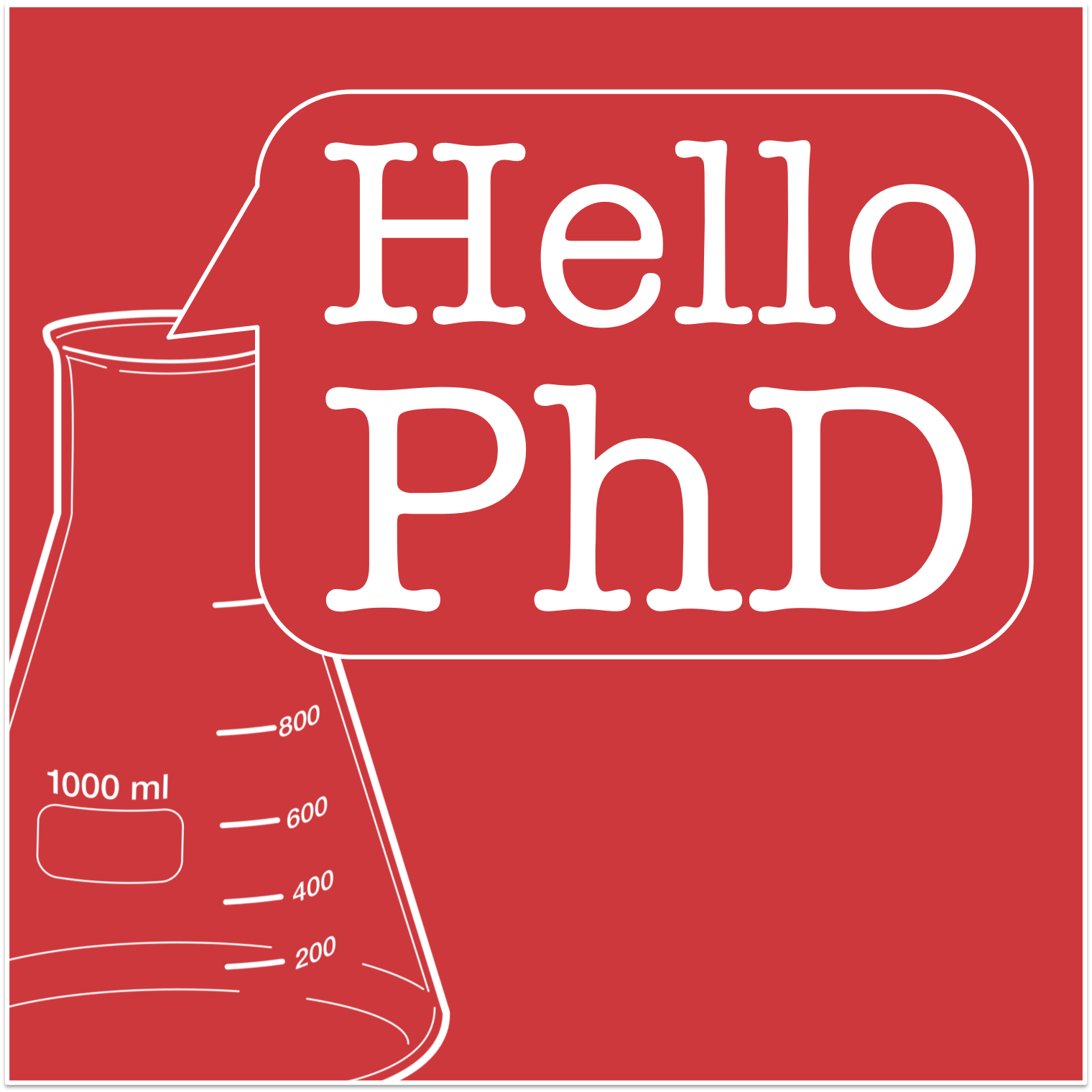122. Tenure Tracker – The Life Non-Linear with Dr. Jimena Giudice (R)
Description
Dr. Jimena Giudice has all the traits of a promising new faculty member.
Through her training and early career, she has earned more than a dozen grants and awards. She’s co-authored two dozen papers. And she has trained students and postdocs, gaining a reputation as a highly effective mentor.
You’d expect that Dr. Giudice’s undeniable success was the natural result of an early immersion in science and a dogged adherence to the well-worn path through college, grad school, and postdoc.
But of course, you’d be wrong. Before discovering a love for scientific research, Dr. Giudice spent ten years answering a different calling.
Changing Focus
Dr. Jimena Giudice
Growing up in Argentina, Jimena didn’t know that her eventual career in science was even an option.
“My parents are architects, my sister is an architect, my cousins are architects, uncles are architects or graphic designers. So I really didn’t have anyone close that I could imagine you could do science as a career,” she recalls.
So after high school, she enrolled in college to study industrial engineering.
Four years into a six year degree, she put her studies on hold and made a personal decision.
“I changed my path, and that’s when I started considering being a nun. I entered a congregation when I was 21.”
Jimena knew that after three years in the congregation, she’d have the opportunity get back to school to continue her studies. Her congregation was focused on education, which gave her valuable experience.
“I was teaching at different levels. Primary school, kindergarten, secondary school, people in the street, rural schools. I was full time working and teaching,” she says.
As her fourth year of service approached, she started to think about what she could study during the next three years that would help in her congregation. She visited the university to explore the available courses, and found that her options expanded well beyond the architecture and engineering paths she had known as a child.
“I remember the first image I have in my head is seeing students with white lab coats and the labs with glass windows and walls. And I have that image in my mind. I said ‘That’s what I want. I want to do that. I want to be with a white lab coat doing what they were doing.'”
That moment was transformative. Afterwards, she says, “I always had the dream of doing experiments, even though I liked education and teaching. Thats when I saw for the first time that science is something where you can study and work and have a career.”
One Good Turn
With her passion for science ignited, Jimena had a new problem. A chemistry degree in Argentina takes six years, but her congregation allowed just three years to pursue a degree while also working during the day.
She did the majority her classes at night, and traveled an hour and a half between the community where she lived and the university.
“I had to multi-task a lot of things. My philosophy was: when I am in classes, I am in classes, and I have to get as much as I can from here because I don’t have a lot of time to study at home,” she remembers.
More Episodes
A few generations ago, you could probably graduate from a PhD program and immediately land yourself a junior faculty position at a nearby university. But as grad school enrollment grew, a new quasi-professional job-description emerged in the nebulous middle ground between student and professor....
Published 12/01/23
Published 12/01/23
Josh and Dan traveled to Washington DC for the Society for Neuroscience Conference 2023.
We chatted with students, postdocs, and faculty about everything from grad school applications to industry jobs to work-life-balance. And we recorded this special update from the hall of posters and...
Published 11/15/23


